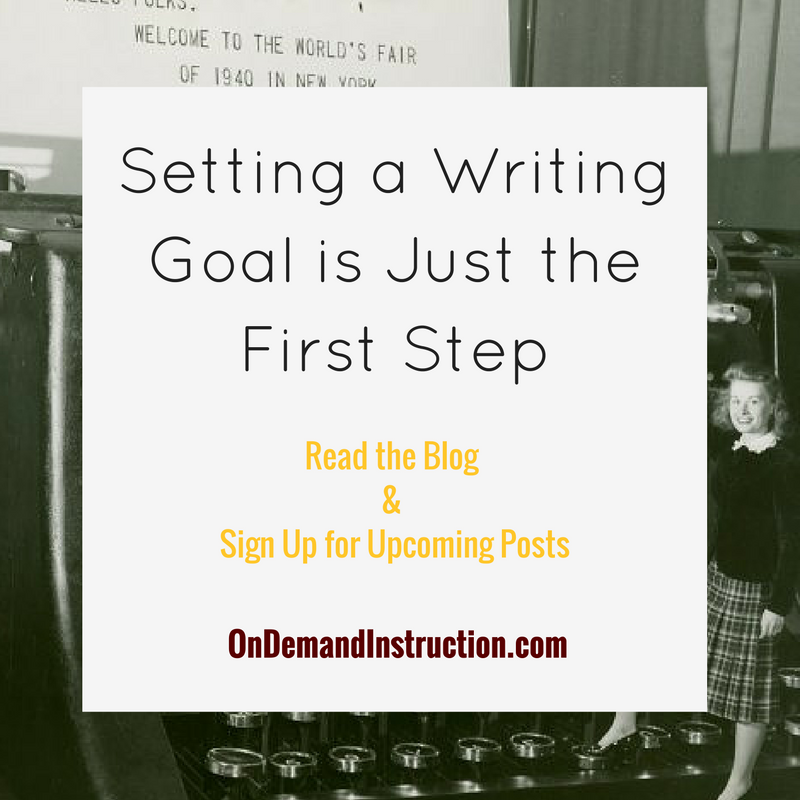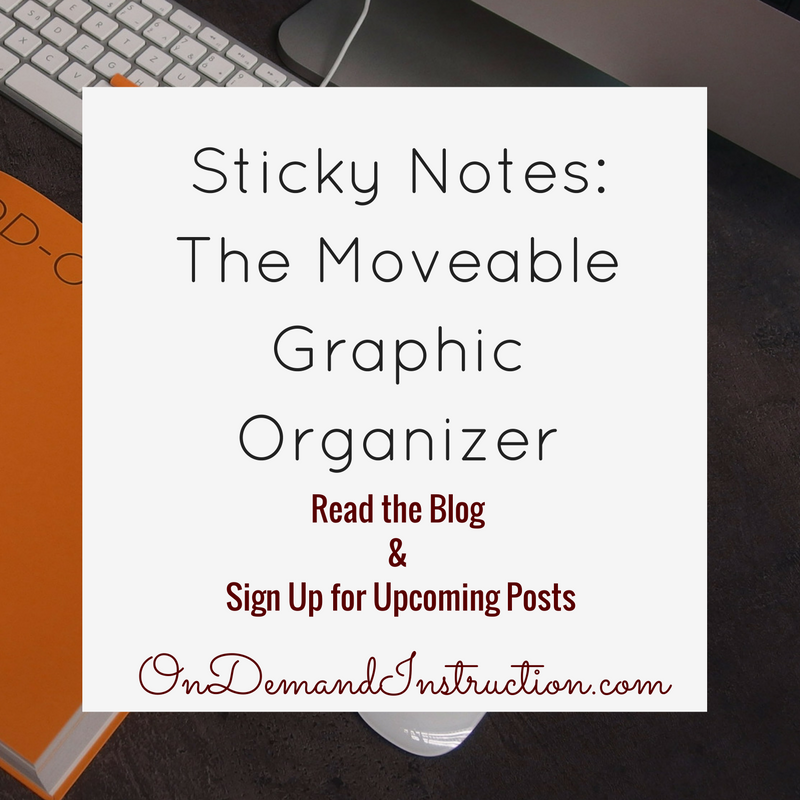
If you want to compose writing that is clear and organized, you need to start the writing process with organization. I always begin with a thorough, detailed brainstorm. Anytime that I skip the brainstorming, I end up wandering onto unrelated topics, and my writing quickly falls into a disorganized mess. And of course, I don’t want to feel trapped in a boring brainstorm that feels like I’m slogging through work.
One of the things that I have found to be consistently true is that I cannot depend solely on my own background knowledge for the brainstorm. If I do this, I am depending on just what I can remember, which significantly limits my content. By incorporating other voices, I can develop much more interesting, complex, and engaging writing. So, how can I start off with a greater variety of information than my own background knowledge when starting the writing process? There are a few different means I fall back upon, which have made brainstorming easier for me and more interesting for my readers.
What are three, non-boring ways to brainstorm?
1. Conduct surveys and polls If you want a more formal way of brainstorming–surveys and interviews can be a reliable method. Brainstorming, as scientist would say, is part of scientific method to do research. In writing, you need concrete evidence to back up your statements, and a well-conducted survey can provide that. Conducting polls would be a good venue to involve your readers in your work and get as much information for your writing task. People love to be included and have an opportunity to share their opinions, and a poll can offer that avenue. 2. Focused-group discussion Another way to collect interesting information for your brainstorm is to hold focused-group discussions. Perhaps, you can invite an expert to facilitate discussion among the participants or record an informal group (like a writing group or book club). If you are after spontaneous, candid answers then, a live discussion is the way to go. This is highly recommended for writers doing descriptive research or qualitative writing technique. Discussions would require open-ended questions and encourage people to speak up and share their ideas. You just have to make sure that you invited the right participants that can relate to your topic and can provide real-life answers. 3. Interviews Want to connect with a fellow colleague or even a mentor in your field? Use the interview process. This can help you collect information, involved a trusted expert into your writing, and increase your reader’s engagement with the piece. This is a way to collect relevant information for your writing, but it also helps you grow as a writer. If you choose someone who is better educated, more successful, or better connected in your field, then you can learn as much as your readers do from the writing experience. Remember that brainstorming helps you, as a writer to think out of the box. Brainstorming is searching for facts to provide good quality content in your writing task. You want to spend time coming up with your own ideas, background knowledge, and questions, but you will compose more effective, interesting writing if you involve other people with your brainstorming step. Skip the boring brainstorming of generating a few ideas and start your writing process off with more pizzazz. Related Blog PostsComments are closed.
|
About the SiteWelcome, Writers! Archives
September 2023
|





 RSS Feed
RSS Feed